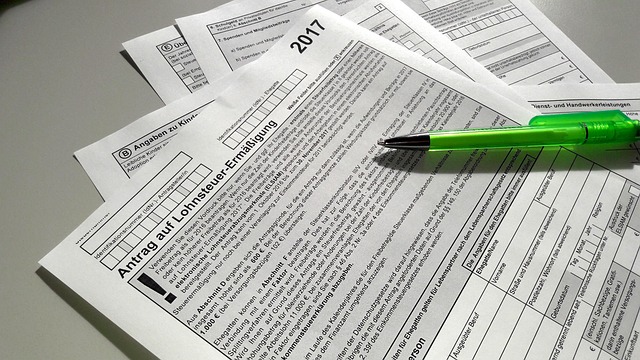Co-dependency support groups for loved ones of addicts offer a safe space to process emotions, learn coping strategies, and build community through open dialogue, workshops, and holistic wellness programs. These groups provide crisis intervention techniques, enhance self-awareness, and promote healthier family dynamics, fostering resilience and hope for the recovery process.
“Recovery is a journey, not a destination, and those who love someone struggling with addiction play a vital role. This article explores how co-dependency support groups offer crucial guidance and encouragement for both the addict and their loved ones. We delve into understanding co-dependency, recognizing its impact, and how these support groups foster accountability – a key factor in lasting recovery. By participating in these communities, families can navigate the path to healing together.”
- Understanding Co-dependency in Loved Ones
- The Role of Support Groups in Recovery
- Encouraging Accountability for Lasting Change
Understanding Co-dependency in Loved Ones

Co-dependency is a complex issue often overlooked when discussing addiction recovery. When a loved one struggles with addiction, it can create a ripple effect, impacting not just their life but also those around them. Co-dependent relationships form as a result of this dynamic, where one person’s behavior—in this case, the addict—leads to dependencies and unhealthy patterns in their significant other or family member. This can manifest as an intense fear of abandonment or a need to control the addict’s behavior to feel safe.
Co-dependency support groups for loved ones of addicts offer a safe space to process these emotions and gain insights into managing co-dependent behaviors. These groups encourage open dialogue, allowing individuals to share their experiences and learn from one another. By participating in sessions that may include discussion forums, educational workshops, or holistic wellness programs integrating yoga, meditation, and nutrition for deep healing, members can develop coping strategies, enhance their self-awareness, and learn crisis intervention techniques equipping them to recognize emergency situations.
The Role of Support Groups in Recovery
Support groups play a pivotal role in the recovery journey, especially for those affected by a loved one’s addiction. Co-dependency support groups for loved ones of addicts provide a safe and understanding environment where individuals can share their experiences, gain insights, and offer mutual encouragement. These groups acknowledge the unique challenges faced by family members and friends, helping them navigate the complexities of addiction and fostering healthy relationships coaching in early sobriety.
By attending these meetings, individuals learn effective coping strategies to manage stress and triggers, which are essential components of co-occurring disorder treatment options. Moreover, trauma-informed care approaches within support groups help participants process underlying traumas that may have contributed to their co-dependency. Through open dialogue and a sense of community, members find strength in numbers, fostering resilience and hope throughout their recovery journey.
Encouraging Accountability for Lasting Change

Encouraging accountability is a cornerstone of effective recovery support services. Co-dependency support groups for loved ones of addicts play a vital role in fostering this by providing a safe and non-judgmental space where individuals can openly discuss challenges and celebrate victories. Through regular meetings, members gain a sense of community and shared purpose, which strengthens their commitment to personal growth and change.
Integrating holistic wellness programs such as yoga, meditation, and nutrition into the recovery journey further enhances accountability and promotes lasting change. These practices not only address physical well-being but also cultivate mental clarity and emotional resilience, enabling individuals to navigate challenges with greater ease and self-awareness. Additionally, Healthy Relationships Coaching in Early Sobriety equips individuals with the skills needed to foster healthy connections, an essential component of long-term recovery and personal development.
Recovery support services, including understanding co-dependency and engaging with supportive groups, play a pivotal role in empowering individuals affected by addiction. By providing ongoing guidance, these services encourage accountability and foster lasting change for both the person in recovery and their loved ones. Support groups specifically cater to the unique needs of family members and friends, offering a safe space to navigate the complexities of co-dependency while promoting healing and understanding. Embracing these resources is essential for those on the path to recovery and those seeking support along the way.






